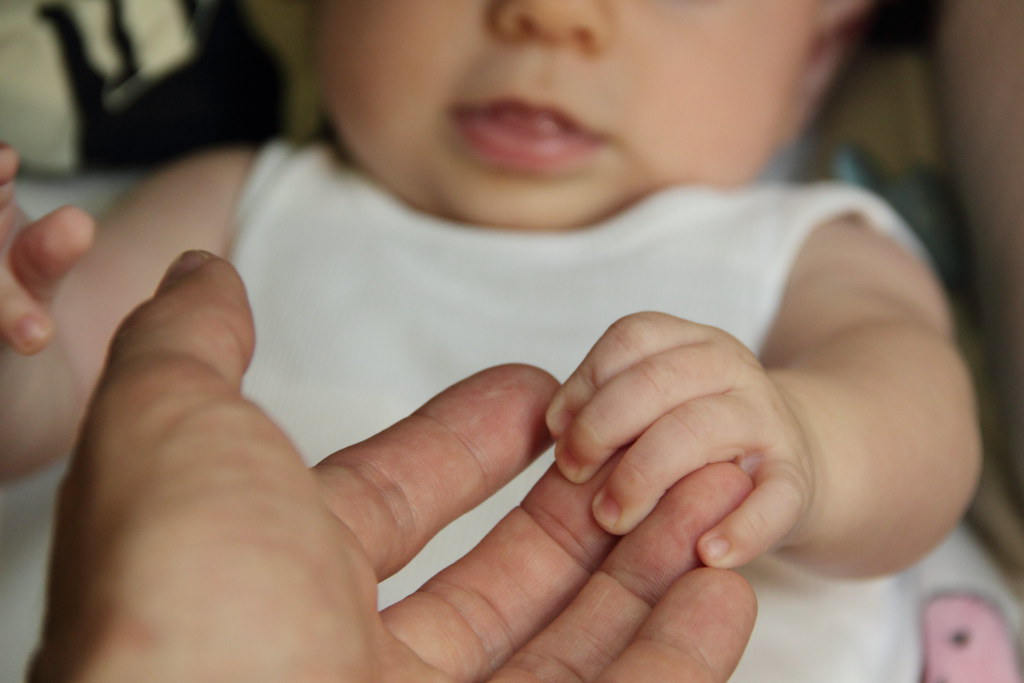Drinking with friends, visiting family, holding hands. It’s all about attachment. Social isolation, two metres distance, time apart. It’s all about attachment. Get the kids back to school, open the pubs, let them play together again. It’s all about attachment. It’s time we thought about the transformative power of attachment theory.
Covid restrictions have reminded us of our connection to connection. As dependent little newborns, we simply cannot survive without connection to another human being. As we continue to combat a global pandemic, we’re missing folk, even the folk we sometimes argue with. We’ve had to disconnect physically and, to some extent, emotionally and we are all craving those simple encounters with others which we too often took for granted. Our children are actually excited about returning to the classroom and, more importantly, to their classmates. They, too, are pining for a return to relationships.
Attachment theory allows us to explore the complexities of this apparently simple phenomena. It allows us to shine a light on aspects of life that Covid has so painfully placed at the heart of national conversation. It allows us to really appreciate the significance of relationships.
Bowlby, Ainsworth and others illustrated how significant those first relationships are for our developing sense of self. How our physical and emotional needs are met in our earliest days, months and years has a profound impact on the internal working model that we carry into life. Where those early life experiences include neglect, abuse and other trauma we developing humans learn that adults cannot be trusted, that the world is a dangerous place and that we are not worthy of love. This is what we carry into our formative years, the trauma also potentially derailing the physical development of our malleable brains. With survival the priority, emotions, self-regulation and executive function simply have to wait until we feel safe. If this is our story then of course we struggle to build relationships with others. And yet we know only too well how much we need them.
Flip the coin now and picture the loved newborn, smiles matched with smiles, every new movement and word hailed and celebrated by delighted doting parents. A sense of safety is entrenched, protection from physical and emotional harm is assumed and we learn that the world wants us, sees us and that we are loveable. We are confident in ourselves, we trust those above us and we relish the challenges that life brings. Relationships are seen and felt as soft blankets into which we can relax and find warmth. We seek them, we establish them, we hold on to them and we miss them when they are disrupted.
Covid has disrupted so much of that which makes us feel safe but primarily it is our enforced distance from loved ones that is damaging us most. That we are together in the loneliness is no comfort. But we will gather again, hug again, laugh with each other and reconnect in person. If we are lucky, relationships will, once again, return us to tranquillity, improved mental health and joy in life.
As we crawl out of lockdown, our task will be to reflect on this and on the significance of relationships for our society as a whole especially those who have been traumatised for one reason or another. Discussions on the plasticity of the brain tell us that new connections can be made, new pathways developed, internal working models altered. But only in the context of supportive, consistent and resilient relationships. Only when Covid is consigned to the history books and masks, PPE and social distancing are distant memories will we begin our collective recovery from this trauma. We need to be back together for we know that then we can fully support each other, connect and love. We know that healing can happen.
Let’s remember this when we’re punishing our children, vilifying our drug addicts, imprisoning our criminals. Let’s ask what happened to them instead of what’s wrong with them? Let’s remember that it is only by wrapping them in the safety of a supportive relationship that behaviour will change. Let’s talk about distressed behaviour instead of difficult. Let’s remember how hard it’s been during a pandemic which forced us to stay apart. Let’s remember how important relationships are in determining how our patterns of behaviour are born but also in breaking those cycles of distrust and hurt. Let’s imagine how society could be transformed if we taught ourselves a bit more about attachment.
Because it’s all about attachment.

Fantastic Christine, I know how passionate and knowledgeable you are about attachment, you will make a significant difference to attachment and other areas of education.